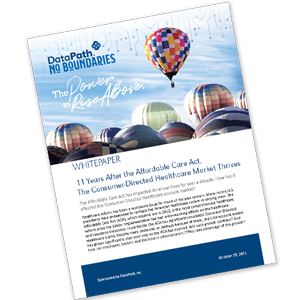No Surprises Act: Making Healthcare Costs More Transparent
More than a third of employees in a recent survey said that the medical bills they receive after seeking care are “always or usually” a surprise to them. Yet, 28% say they pay them anyway because they don’t want to fight with the insurance company. What causes surprise medical billings? Insurance plans cover large portions of medical care, but deductibles or co-pays may come into play. Out-of-network providers may charge more for a service than









